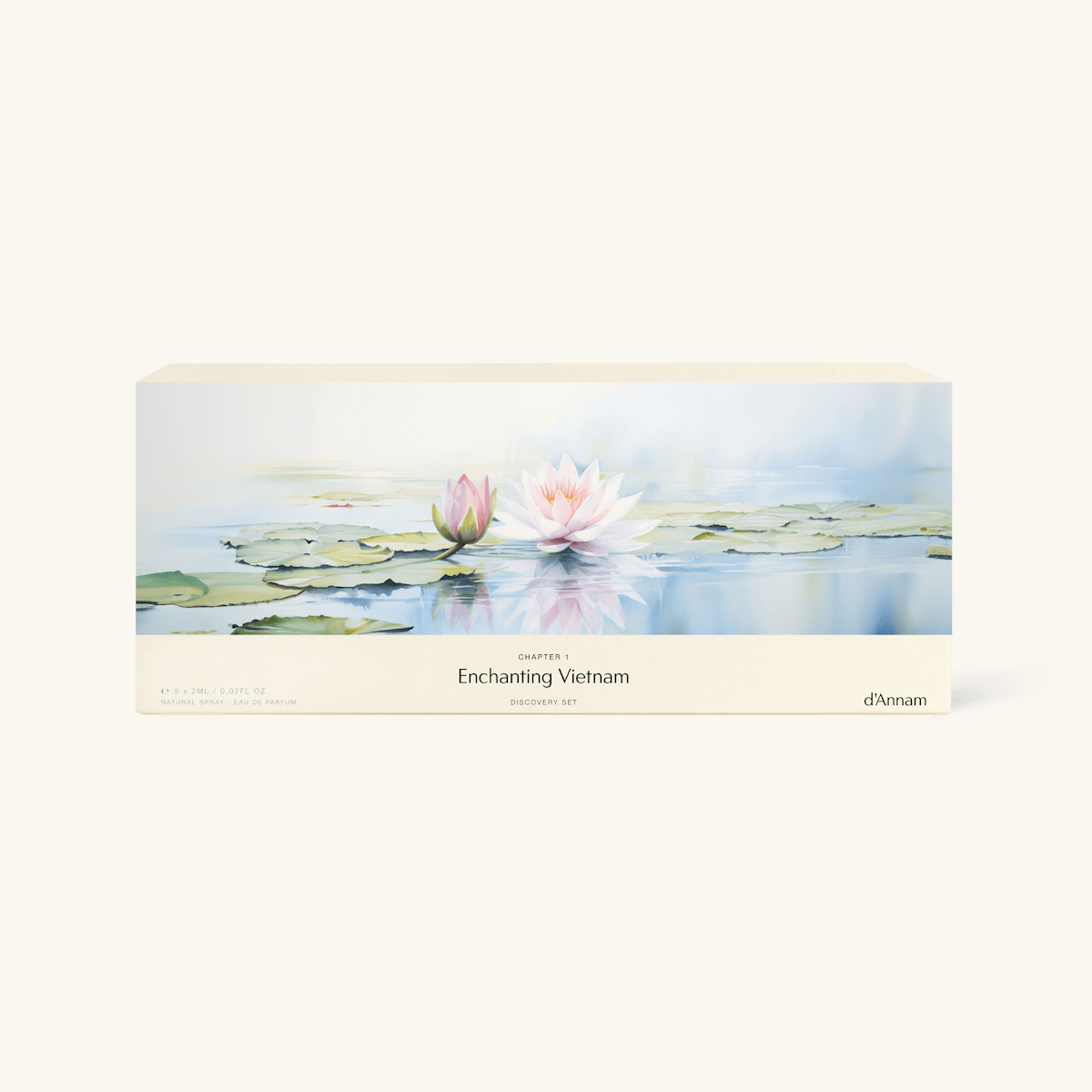Welcome! In today's blog post, we're going to unravel the fascinating world of aromatherapy, a therapeutic practice that has been cherished for centuries. Don't worry if you're a complete novice in this area, as this post will provide a concise yet comprehensive introduction.
What is Aromatherapy?
Aromatherapy, also known as essential oil therapy, is a holistic healing treatment that utilizes natural plant extracts to promote health and well-being. At its core, it is about harnessing the healing powers of the diverse world of plants and their aromatic properties. These extracts, known as essential oils, capture the essence, or "soul," of the plant, and their use ranges from physical healing to emotional wellness.
The History of Aromatherapy
Aromatherapy is not a new-age fad; it has an ancient pedigree. The practice can be traced back over 5,000 years to ancient civilizations like Egypt, where plant oils were used for religious, cosmetic, and medicinal purposes. Even the Greek physician Hippocrates, considered the father of modern medicine, was a strong advocate for the health benefits of aromatic baths and scented massage.
How Does Aromatherapy Work?
The true magic of aromatherapy lies in our sense of smell. When we inhale essential oil molecules, they travel up our nose to our olfactory bulb, which then sends signals to various parts of our brain, such as the limbic system and amygdala. These areas are connected to emotions, memories, and even some bodily functions like heart rate and blood pressure. So, when you inhale the soothing scent of lavender, for instance, it can genuinely help you to relax and unwind.
Topical application is another popular method of using essential oils. The oils, when diluted properly, can be absorbed through the skin and into the bloodstream, providing localized and systemic benefits. It's crucial to remember, though, that essential oils are potent and should be used with care.
Therapeutic Benefits of Aromatherapy
Now, onto the fun part - the potential benefits. Essential oils can offer a myriad of physical and psychological benefits. Here are a few examples:
1. Lavender: Known for its calming properties, lavender can help reduce anxiety, improve sleep, and soothe skin irritations.
2. Peppermint: A great pick-me-up, peppermint can improve digestion, relieve headaches, and enhance focus and energy.
3. Eucalyptus: Renowned for its respiratory benefits, eucalyptus is often used to relieve symptoms of colds and flu.
4. Tea Tree: A powerful antimicrobial, tea tree oil can be used to treat minor cuts, burns, acne, and fungal infections.
5. Rosemary: This herb isn't just a kitchen staple; its essential oil is believed to stimulate hair growth, reduce pain, soothe inflammation, and improve memory. Diffusing rosemary oil while studying may help improve concentration!
6. Lemon: Lemon oil is often associated with cleanliness and freshness. It can be used as a natural disinfectant in the home and can also boost mood and concentration levels. Some evidence suggests it might help stimulate the immune system.
7. Chamomile: Renowned for its calming and soothing properties, chamomile oil can help promote sleep and reduce anxiety. It's also often used for its skin-soothing properties, especially in reducing inflammation.
8. Frankincense: Often used in meditation, frankincense oil is believed to provide a calming and comforting atmosphere, helping to reduce stress and anxiety. Additionally, it's renowned for its potential to rejuvenate skin and reduce the appearance of scars, wrinkles, or stretch marks.
9. Ylang-Ylang: This floral essential oil is often used in perfumes, but it's more than just a pretty scent. Ylang-ylang is believed to act as a natural sedative, helping to reduce stress and anxiety. It may also help with controlling blood pressure and rapid heartbeat.
10. Bergamot: This citrus oil is a common ingredient in Earl Grey tea. It's known for its uplifting and calming effects and may also help reduce anxiety and improve skin conditions like eczema.
11. Clary Sage: This essential oil is often used to help manage hormonal imbalances and symptoms of menstruation and menopause. It's also known for its calming properties and its potential to help induce feelings of relaxation and clear-mindedness.
Safety First
Despite their many benefits, essential oils should be used with caution. Always dilute them before applying to the skin and never ingest them without the guidance of a healthcare professional. If you're pregnant, breastfeeding, or have a chronic health condition, consult your doctor before starting any aromatherapy regimen.
Getting Started with Aromatherapy
Aromatherapy can be a wonderful addition to your daily routine. Start by picking one or two essential oils based on your needs and preferences. Buy from a reputable brand, ensuring they're pure, high-quality oils. You can use them in an oil diffuser, add them to your bathwater, or mix them with a carrier oil for a soothing massage.
Closing Thoughts
Aromatherapy is a beautiful, powerful practice that can bring harmony to your body, mind, and spirit. As you venture into this aromatic world, remember, it's about exploring and discovering what works best for you. The practice of aromatherapy is as diverse as the plants it hails from.
We hope this introduction has sparked your interest in aromatherapy and given you the confidence to start your journey. Here's to a healthier, happier, and more aromatic life!











